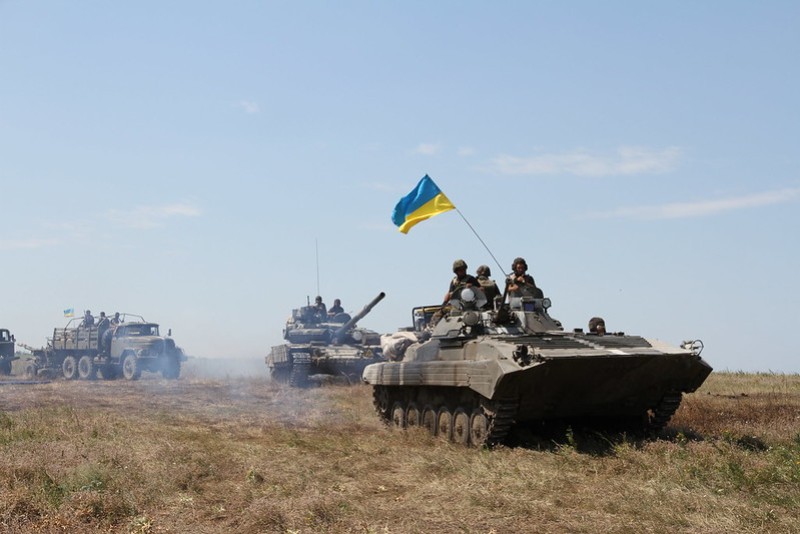Following Russian president Vladimir Putin’s decision to invade Ukraine last February, the country has passed several new laws that censor its media and restrict the free speech of its citizens.
As a result, any mention of there being a ‘war’ in Ukraine is now expressly forbidden in Russia; as are any comments that portray the Russian military in a negative light, such as reports of its attacks against Ukraine’s citizens or critical infrastructure.
Shortly after Russian tanks crossed the border into Ukraine, Putin tried to frame the invasion as a “special military operation”. Since that day, all Russian media has followed suit, as was the case with how the country’s state-owned news agency TASS tagged it in their own article on Wikimedia’s fine.
State authorities have shown they are not squeamish in cracking down on cases of dissent.
Maria Ponomarenko, a journalist for RusNews, was recently sentenced to six years in a penal colony for disseminating information of Russia’s bombardment of Mariupol. The process by which she was convicted was internationally condemned and compared to that of a kangaroo court.
Even the mention of dreaming about Ukrainian president Volodimir Zelensky can net oneself a fine of 70,000 roubles ($975).
Wikimedia, a non-profit organization that owns the widely-used online encyclopedia Wikipedia, was also fined last year by Russian authorities—this time for five million roubles ($65,000)—for similarly disseminating information on the war, which Russia classified as ‘misinformation’.
The Wikimedia Foundation shortly afterwards stated its intent to appeal the decision, arguing that the Russian government was “targeting information that is vital to people’s lives in a time of crisis.”
“We urge the court to reconsider in favor of everyone’s rights to knowledge access and free expression,” they said.



